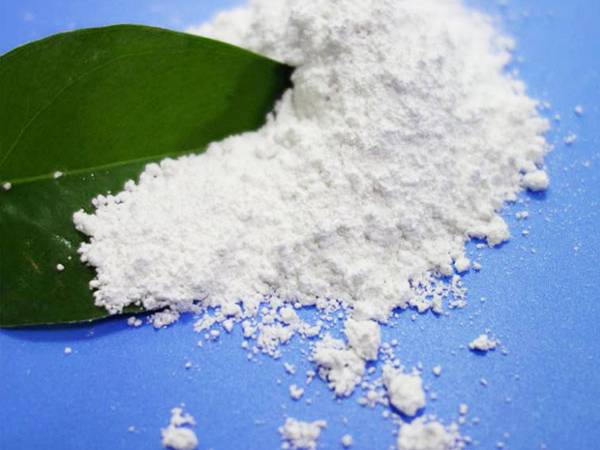



Cooling Water Chemicals and Their Applications in Industrial Processes and Systems
The Role of Chemicals Used for Cooling Water in Industrial Applications
Cooling water systems are critical in various industrial applications, including power generation, manufacturing, and chemical processing. These systems are designed to dissipate heat from equipment and processes, ensuring optimal performance and safety. However, maintaining the efficiency and longevity of cooling water systems often requires the use of specific chemicals to manage water quality, prevent corrosion, and reduce scaling. This article explores the importance of chemicals used in cooling water systems and their roles in enhancing performance and sustainability.
Understanding Cooling Water Systems
Cooling water systems typically involve withdrawing water from natural sources or using recirculated water to absorb heat. As the water absorbs heat, its temperature rises, potentially leading to issues such as biological growth, corrosion, and scale formation. To combat these challenges, various chemicals are introduced into the cooling water to maintain its quality and protect the equipment.
Key Chemicals Used in Cooling Water
1. Corrosion Inhibitors Corrosion is a significant concern in cooling systems, often leading to equipment failure and increased maintenance costs. Corrosion inhibitors are chemicals that form a protective barrier on metal surfaces, preventing the oxidation process that leads to rust and degradation. Common types of corrosion inhibitors include phosphonates, nitrites, and molybdates. These compounds not only enhance the lifespan of cooling towers and heat exchangers but also contribute to overall system efficiency.
2. Scale Inhibitors Scaling occurs when dissolved minerals precipitate out of the water, forming deposits on heat exchanger surfaces and pipes, reducing heat transfer efficiency and flow rates. Scale inhibitors, such as polyacrylic acids and phosphonates, work by interfering with the crystallization process, ensuring that minerals remain in solution. By preventing scale formation, these chemicals help maintain optimal thermal performance and reduce the need for costly cleaning operations.
chemical used for cooling water

3. Biocides Cooling water systems are prone to biological growth, particularly bacteria, algae, and fungi, which can clog pipes and adversely affect heat transfer. Biocides are chemicals designed to control microbial growth, ensuring that the system remains clean and efficient. Chlorine and bromine are commonly used biocides, though non-oxidizing alternatives like isothiazolinones and quaternary ammonium compounds can also be effective. Proper biocide application helps maintain water quality and extends the lifespan of cooling equipment.
4. pH Adjusters The pH level of cooling water significantly impacts corrosion rates and scaling tendencies. Chemicals like sulfuric acid or sodium hydroxide are used to adjust the pH to ideal levels (usually between 6.5 and 8.5). Maintaining appropriate pH levels helps to optimize the performance of corrosion inhibitors and scale inhibitors, ensuring that the cooling system operates efficiently.
Environmental Considerations
While chemicals play a vital role in maintaining cooling water systems, their use must be managed carefully to minimize environmental impact. Regulatory bodies impose guidelines on the concentration and type of chemicals that can be used, particularly regarding their discharge into the environment. Industries are encouraged to adopt more sustainable practices, such as water recycling, biocide alternatives, and green chemistry principles, to reduce the ecological footprint associated with cooling water treatment.
Conclusion
The chemicals used in cooling water systems are essential for ensuring operational efficiency, prolonging equipment life, and maintaining safety in industrial settings. By understanding and properly applying corrosion inhibitors, scale inhibitors, biocides, and pH adjusters, industries can optimize their cooling water management strategies. Moreover, as environmental concerns continue to grow, adopting sustainable practices in chemical use will be crucial for balancing industrial needs with ecological responsibility. The future of cooling water systems will undoubtedly rely on innovations that enhance system performance while protecting our environment.
-
Why Sodium Persulfate Is Everywhere NowNewsJul.07,2025
-
Why Polyacrylamide Is in High DemandNewsJul.07,2025
-
Understanding Paint Chemicals and Their ApplicationsNewsJul.07,2025
-
Smart Use Of Mining ChemicalsNewsJul.07,2025
-
Practical Uses of Potassium MonopersulfateNewsJul.07,2025
-
Agrochemicals In Real FarmingNewsJul.07,2025
-
Sodium Chlorite Hot UsesNewsJul.01,2025










